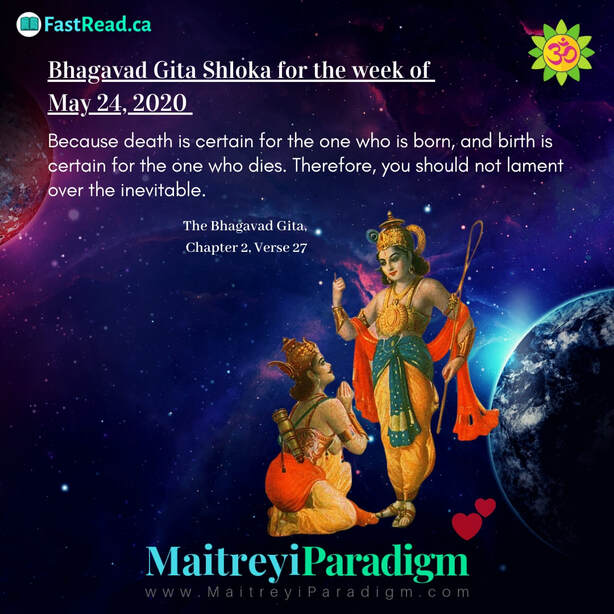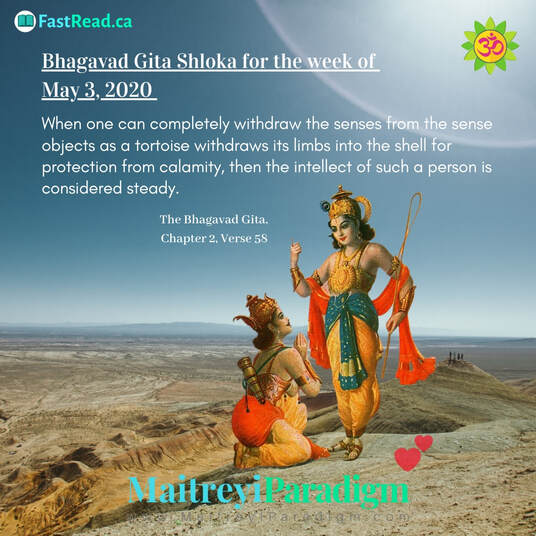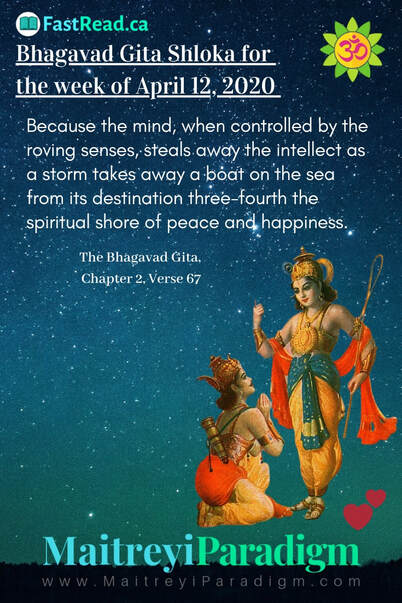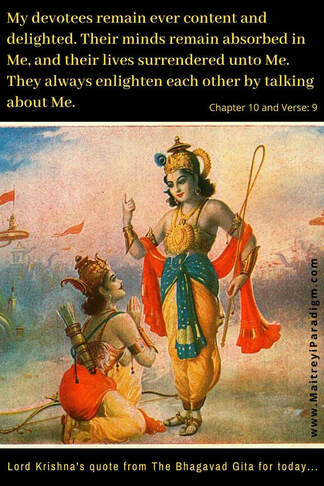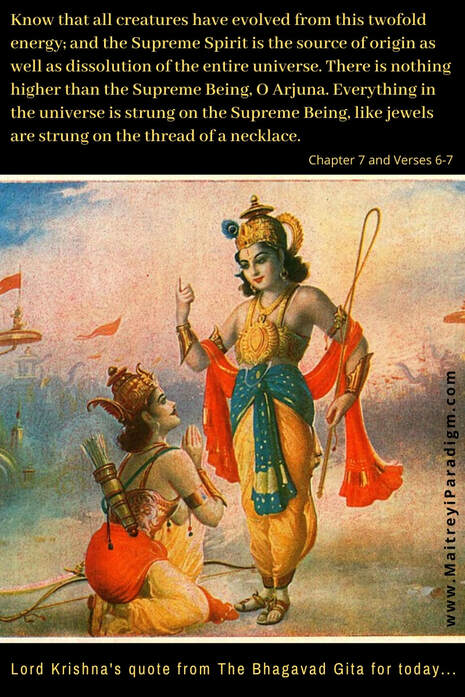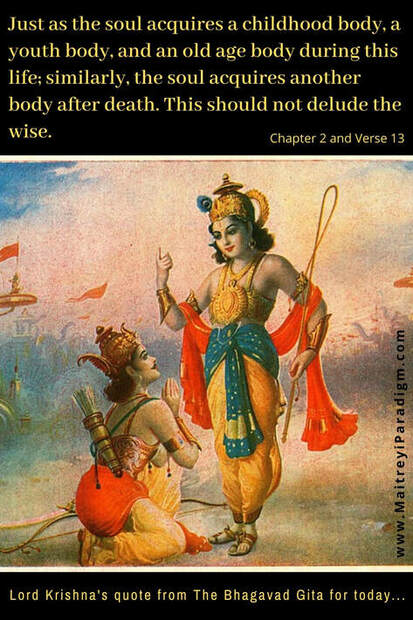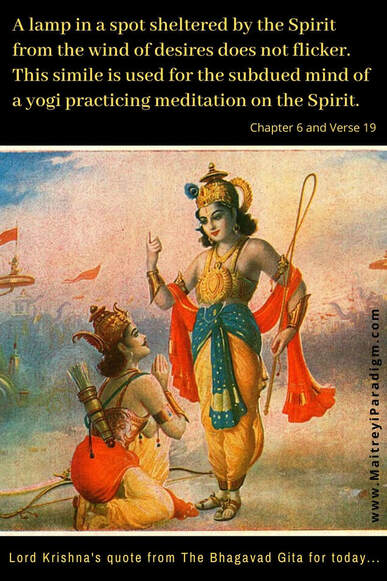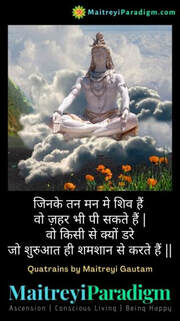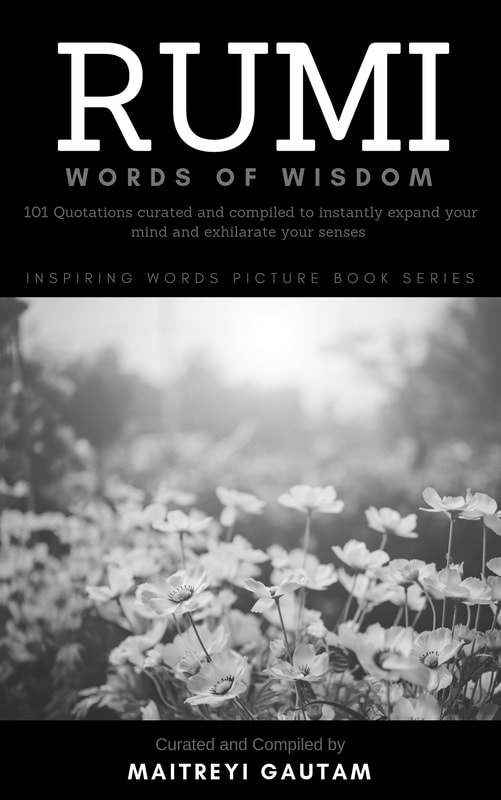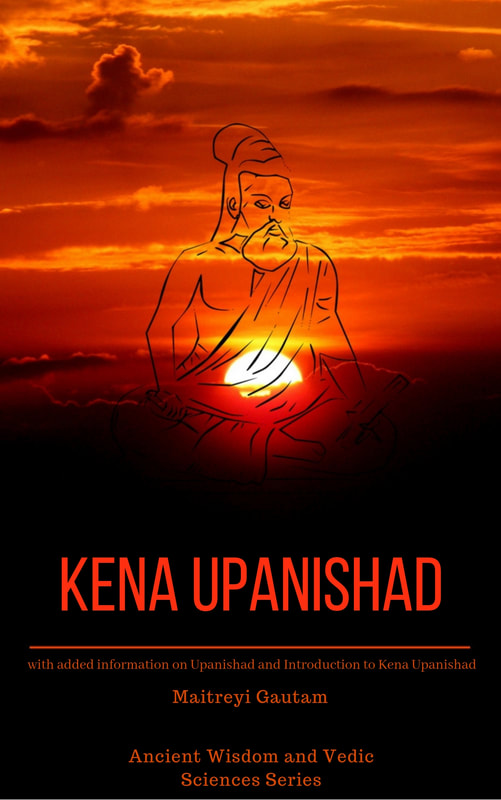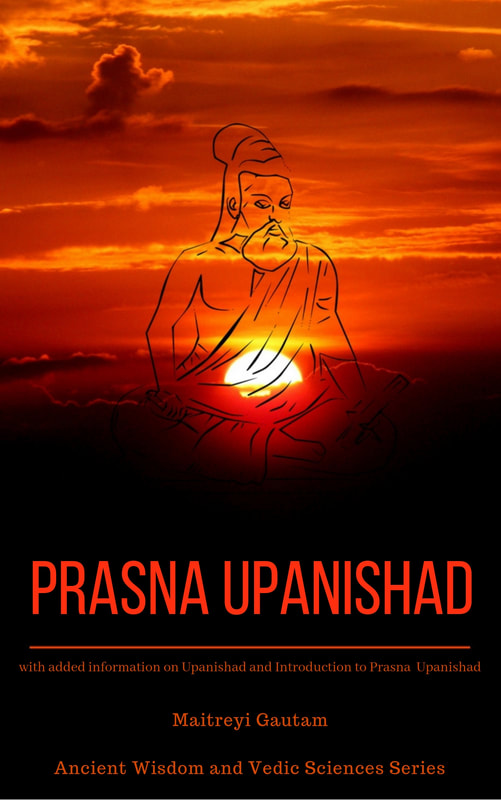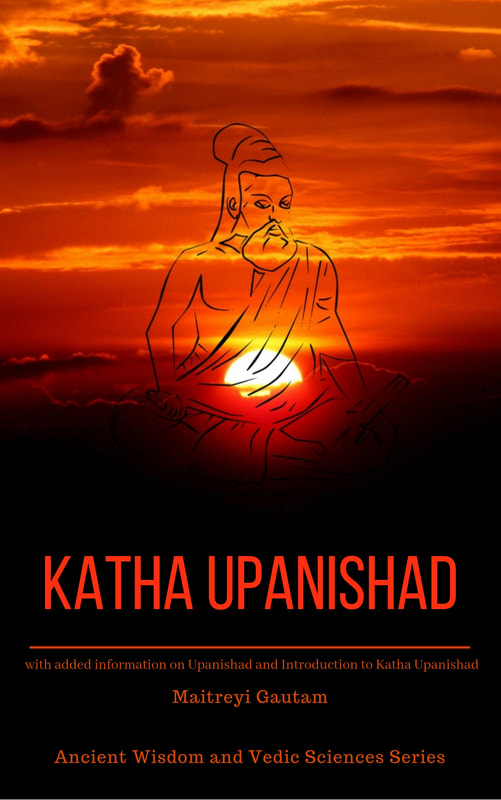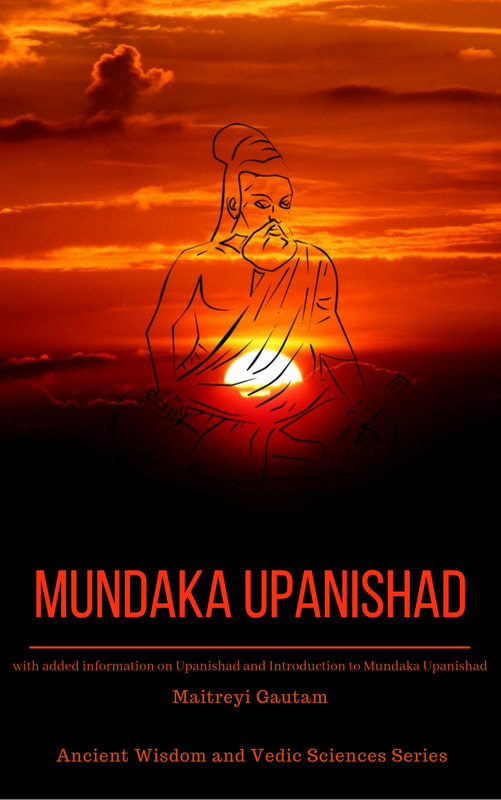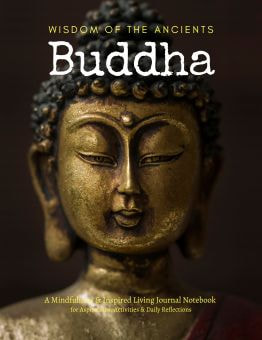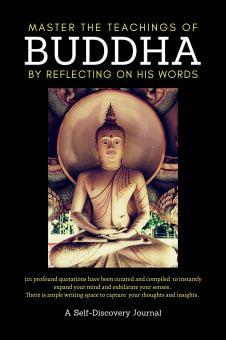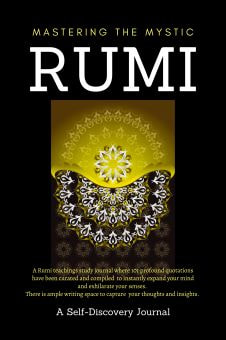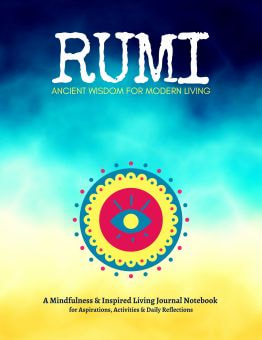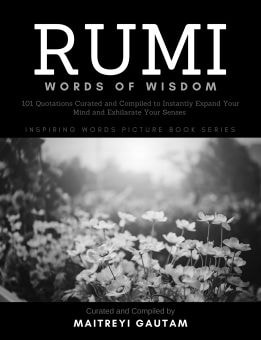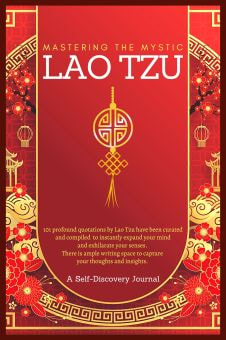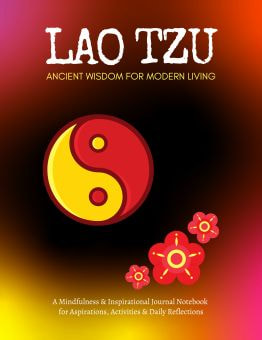The Bhagavad Gita, often simply referred to as the Gita, is a 700-verse ancient Indian scripture that is a part of the Indian epic Mahabharata. It is a dialogue between Prince Arjuna and Lord Krishna, who serves as his charioteer. The discourse takes place on the battlefield of Kurukshetra, just before the onset of a great war.
The Background
The Mahabharata chronicles the feud between the Pandavas and the Kauravas, two factions of the same royal family. As the conflict escalates to an all-out war, both sides gather vast armies to fight in Kurukshetra. Arjuna, the third of the Pandava brothers, is a key warrior and is poised to play a pivotal role in the war.
The Dilemma
As Arjuna stands in his chariot at the beginning of the battle, he sees many of his own relatives, beloved teachers, and close friends in the opposing army. Overwhelmed with sorrow and compassion, he is torn between his duty as a warrior (Kshatriya) and his love for his family. Arjuna contemplates abandoning the battle, preferring to be killed unarmed than to fight his own kin.
Enter Lord Krishna
Krishna, who is both Arjuna's charioteer and the divine incarnate of Lord Vishnu, takes this moment of crisis to deliver a spiritual discourse on dharma (duty), righteousness, and the nature of life and death. The Gita is this very dialogue.
Key Teachings of the Bhagavad Gita
- Dharma and Duty- Krishna emphasizes the importance of duty and righteousness. Arjuna's duty as a warrior is to fight. By shirking this duty, he would be failing in his dharma.
- Selflessness and Detachment- One should perform their duty without attachment to the results, a philosophy summarized in the oft-quoted verse "You have the right to perform your prescribed duties, but you are not entitled to the fruits of your actions."
- The Eternal Soul- Krishna explains the concept of the eternal soul (Atman) that neither dies nor is born. The bodies we inhabit are transient, while the soul is perpetual.
- Devotion and Surrender- The path of devotion (Bhakti Yoga) is highlighted, where complete surrender to God and pure love for the divine can lead one to liberation.
- The Cosmic Play- Krishna reveals his divine universal form, showcasing that all of creation is but a fragment of his divine energy.
- The Unity of All- The Gita emphasizes the interconnectedness of all beings and the underlying oneness of the universe.
Conclusion
The Bhagavad Gita transcends its immediate context of the Kurukshetra war and addresses the moral and philosophical dilemmas faced by humanity at large. Its teachings on the nature of life, duty, righteousness, and devotion make it one of the most revered texts in Hindu philosophy.
Lord Krishna, through his divine discourse, provides guidance not just for Arjuna, but for all of humanity, teaching the paths of righteousness, devotion, and understanding of the greater cosmic play.









